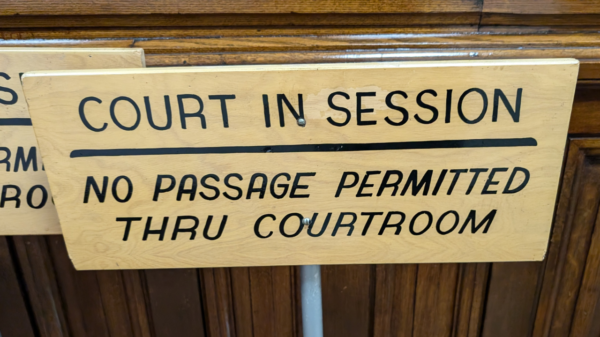A Girardville man says he was duped out of $3,000 in an online scam recently.
According to State Police-Frackville, a 21-year-old man from Girardville says he sent $3,000 through money transfer mobile apps to someone online.
It was only until after he’d sent the money that he realized it was a scam.
The Girardville man says he was contacted via Facebook Messenger. He told police the person on the other end of the Messenger chat asked for the money to be sent using money transfer apps.
Police do not indicate why the victim was asked to send the money.
Police are asking for the public to possibly provide any information related to this particular scam. If anyone has information on this incident, they’re being asked to call the Frackville barracks at 570-874-5300.
Tips for Avoiding Facebook Messenger Scams
You may read that story and think you’d never fall for such a scam. But even the most vigilant Messenger users can become the next victim if your guard is let down.
This isn’t the first and won’t be the last person from Schuylkill County to get duped in a Messenger scam or other type of online scam.
According to Meta, scammers often target users to extract money or sensitive information. Recognizing the common types of scams and knowing how to avoid them is key.
Common Facebook Messenger Scams:
- Investment Scams: Scammers promise unrealistic financial gains, often disappearing after receiving payment.
- Romance Scams: Fake romantic interests ask for money or personal information, typically after a period of trust-building.
- Job Scams: Misleading job postings that seek personal information or upfront payments.
- Lottery and Loan Scams: Messages claiming you’ve won a lottery or offering low-interest loans for a fee, which never materialize.
- Donation and Inheritance Scams: Requests for donations to fake charities or claims of a large inheritance needing personal details for processing.
- Commerce Scams: Offers of goods or services at unusually low prices, often leading to no delivery after payment.
How to Avoid These Scams: Meta suggests several practices to enhance your safety:
- Exercise Caution: Slow down when responding to urgent or unexpected requests. Scammers often create a sense of urgency.
- Verify Authenticity: Research and double-check details before responding to claims or clicking links.
- Guard Personal Information: Never share sensitive information like passwords or credit card numbers with unverified contacts.
- Enable Security Features: Use two-factor authentication and regularly update antivirus software. Meta also recommends turning on login alerts.
- Report Suspicious Activities: If you encounter a potential scam, report it to Facebook for action.
Additional Tips:
- Be wary of friend requests from people you don’t know or unexpected messages from famous individuals.
- Check for spelling and grammar errors in messages, a common sign of scams.
- Avoid moving conversations off Facebook, as scammers often try to take discussions to less secure platforms.
Subscribe to Coal Region Canary
Get email updates from Coal Region Canary by becoming a subscriber today. Just enter your email address below to get started!Support Coal Region Canary
Like our reporting and want to support truly local news in Schuylkill County? Your small donations help. For as little as $5, your contribution will allow us to cover more news that directly affects you. Consider donating today by hitting the big yellow button below ...


































It's me
January 21, 2024 at 12:49 pm
There are so many on there. I report all of them.